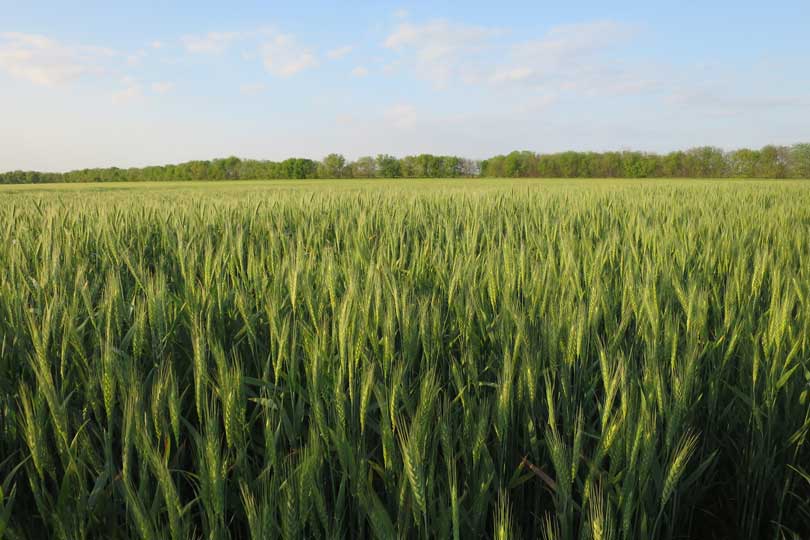The Trump administration will make up to $16 billion available in new direct payments to farmers and ranchers through a trade assistance package announced today.
The additional aid is for farmers who have been negatively impacted by the ongoing trade war.
It is one of several actions in a relief strategy to support American farmers while the administration continues to work on free, fair and reciprocal trade deals to open more markets to help American farmers compete globally.
The $16 billion is in line with the estimated impacts of unjustified retaliatory tariffs on U.S. agricultural goods and other trade disruptions. These programs will assist farmers and ranchers while Trump works to address long-standing market access barriers, the U.S. Department of Agriculture (USDA) said.
“China hasn’t played by the rules for a long time and President Trump is standing up to them, sending the clear message that the United States will no longer tolerate their unfair trade practices, which include non-tariff trade barriers and the theft of intellectual property. President Trump has great affection for America’s farmers and ranchers, and he knows they are bearing the brunt of these trade disputes. In fact, I’ve never known of a president that has been more concerned or interested in farmer wellbeing and long-term profitability than President Trump,” U.S. Secretary of Agriculture Sonny Perdue said. “The plan we are announcing today ensures farmers do not bear the brunt of unfair retaliatory tariffs imposed by China and other trading partners. Our team at USDA reflected on what worked well and gathered feedback on last year’s program to make this one even stronger and more effective for farmers. Our farmers work hard, are the most productive in the world, and we aim to match their enthusiasm and patriotism as we support them.”
American farmers have dealt with unjustified retaliatory tariffs and years of non-tariff trade disruptions, which have curtailed U.S. exports to China.
Trade damages from such retaliation and market distortions have impacted a host of U.S. commodities, including crops like soybeans, corn, wheat, cotton, rice, and sorghum; livestock products like milk and pork; and many fruits, nuts and other crops.
High tariffs disrupt normal marketing patterns, raising costs by forcing commodities to find new markets. Additionally, American goods shipped to China have been slowed from reaching market by unusually strict or cumbersome entry procedures, which affect the quality and marketability of perishable crops. These boost marketing costs and unfairly affect our producers. USDA will use the following programs to assist farmers:
- Market Facilitation Program (MFP) for 2019, authorized under the Commodity Credit Corporation (CCC) Charter Act and administered by the Farm Service Agency (FSA), will provide $14.5 billion in direct payments to farmers.
- Producers of alfalfa hay, barley, canola, corn, crambe, dry peas, extra-long staple cotton, flaxseed, lentils, long grain and medium grain rice, mustard seed, dried beans, oats, peanuts, rapeseed, safflower, sesame seed, small and large chickpeas, sorghum, soybeans, sunflower seed, temperate japonica rice, upland cotton and wheat will receive a payment based on a single county rate multiplied by a farm’s total plantings to those crops in aggregate in 2019. Those per acre payments are not dependent on which of those crops are planted in 2019, and therefore will not distort planting decisions. Moreover, total payment-eligible plantings cannot exceed total 2018 plantings.
- Dairy farmers will receive a per hundredweight payment on production history and hog farmers will receive a payment based on hog and pig inventory for a later-specified time frame.
- Tree nut producers, fresh sweet cherry producers, cranberry producers, and fresh grape producers will receive a payment based on 2019 acres of production.
- These payments will help farmers to absorb some of the additional costs of managing disrupted markets, to deal with surplus commodities, and to expand and develop new markets at home and abroad.
- Payments will be made in up to three tranches, with the second and third tranches evaluated as market conditions and trade opportunities dictate. The first tr


Where did the 16 billion come from? Who’s paying it back and when? Have been borrowing so much from China… Did this come from there also